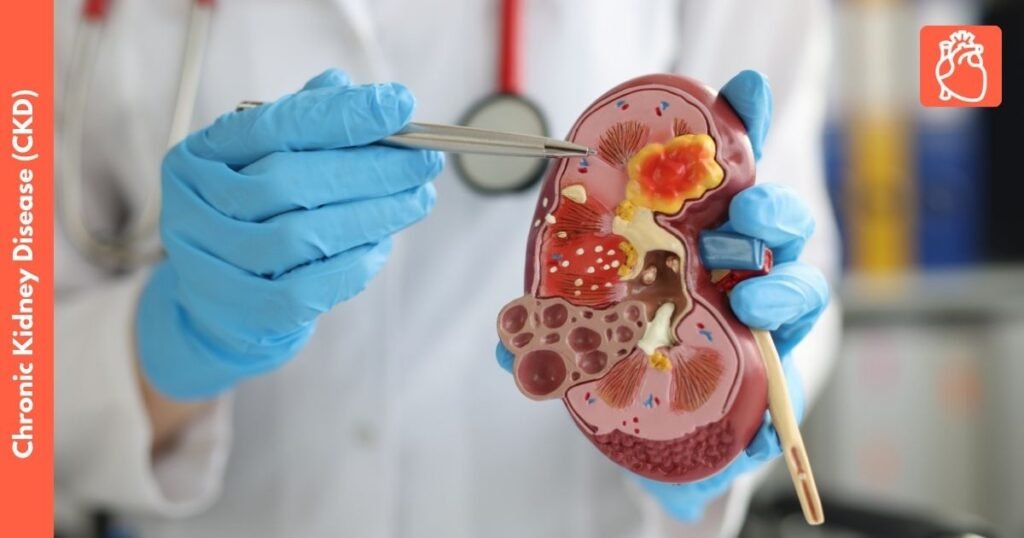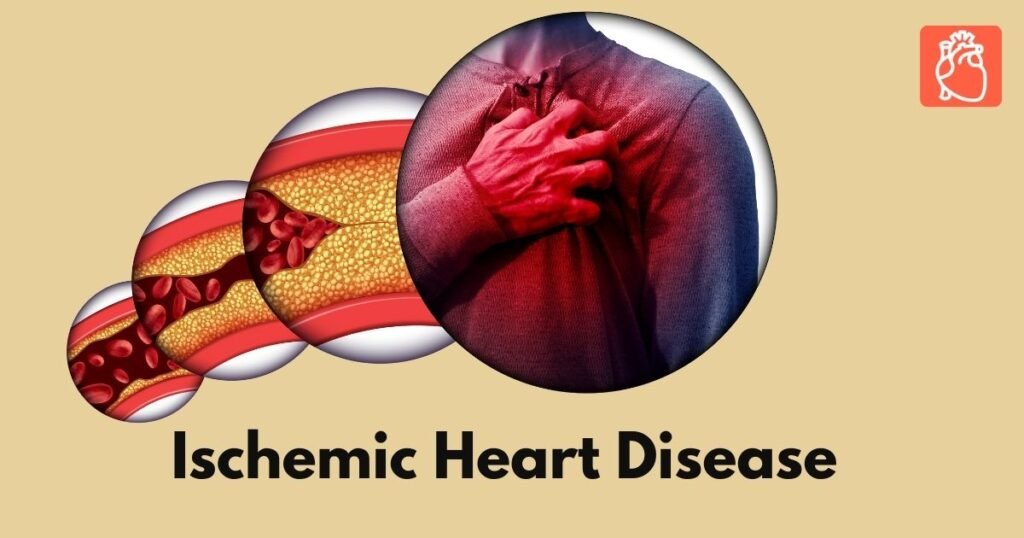Chronic Kidney Disease (CKD) is a long-term medical condition where the kidneys gradually lose their ability to function. Unlike acute kidney problems that appear suddenly, CKD develops slowly and can silently damage the body before noticeable symptoms show up. With millions of people affected worldwide, CKD has become a growing public health concern.
What Are Kidneys and Why Are They Important?
Role of Kidneys in the Human Body
Your kidneys are two bean-shaped organs, each about the size of a fist, located on either side of your spine. They are the unsung heroes of your body, working day and night to keep things balanced.
Filtering Waste Products
Kidneys filter toxins, waste, and excess fluids from your blood and excrete them through urine. Without this function, harmful substances would build up in your body.
Maintaining Fluid and Electrolyte Balance
They regulate essential minerals like potassium, sodium, and calcium while ensuring your blood pressure remains stable. Think of them as the body’s natural “water filter system.”
Also Read: Parkinson’s Disease: Causes, Symptoms, Diagnosis, and Treatment
What is Chronic Kidney Disease (CKD)?
Definition of CKD
CKD is defined as a gradual loss of kidney function that lasts for three months or longer. When kidneys cannot filter blood effectively, waste and fluids accumulate, leading to complications.
Difference Between Acute Kidney Injury (AKI) and CKD
- AKI: Sudden and reversible damage to the kidneys.
- CKD: Slow, irreversible decline in kidney function.
Stages of Chronic Kidney Disease
Doctors classify CKD into five stages based on the estimated Glomerular Filtration Rate (eGFR).
Stage 1 – Mild Kidney Damage
- Normal or slightly reduced kidney function.
- Usually no symptoms.
Stage 2 – Mild Loss of Function
- Slight decrease in eGFR (60–89 ml/min).
- May start showing early signs like fatigue.
Stage 3 – Moderate Decline
- eGFR 30–59 ml/min.
- Symptoms: swelling, back pain, and changes in urination.
Stage 4 – Severe Decline
- eGFR 15–29 ml/min.
- Significant symptoms, higher risk of complications.
Stage 5 – Kidney Failure (End-Stage Renal Disease)
- eGFR < 15 ml/min.
- Kidneys fail completely, requiring dialysis or transplant.
Causes of Chronic Kidney Disease
Diabetes
The leading cause of CKD. High blood sugar damages kidney blood vessels, making them less efficient.
Hypertension (High Blood Pressure)
Constant high pressure strains and damages the kidney’s tiny filtering units.
Polycystic Kidney Disease
A genetic disorder causing fluid-filled cysts that impair kidney function.
Glomerulonephritis
Inflammation of kidney filters, reducing their ability to clean blood.
Other Risk Factors
- Obesity
- Smoking
- Family history
- Old age
Symptoms of Chronic Kidney Disease
Early-Stage Symptoms
- Fatigue
- Poor appetite
- Swelling in feet and ankles
Late-Stage Symptoms
- Nausea and vomiting
- Persistent itching
- Muscle cramps
- Shortness of breath
Complications of CKD
Anemia
Kidneys produce less erythropoietin, leading to low red blood cell count.
Weak Bones and Osteoporosis
Mineral imbalance causes brittle bones.
Heart Disease
High blood pressure and cholesterol increase cardiovascular risks.
Fluid Retention
Excess fluid leads to swelling and difficulty breathing.
How is CKD Diagnosed?
Blood Tests (Creatinine, eGFR)
Measure waste levels to determine kidney function.
Urine Tests (Proteinuria, Albumin)
Check for protein leakage, an early sign of kidney damage.
Imaging Tests
Ultrasound or CT scans detect structural issues.
Kidney Biopsy
A sample is examined under a microscope to confirm diagnosis.
Treatment of Chronic Kidney Disease
Lifestyle Modifications
- Maintain a healthy weight
- Reduce salt intake
- Exercise regularly
Medications
- Blood pressure drugs (ACE inhibitors, ARBs)
- Diabetes control medicines
- Cholesterol-lowering drugs
Dialysis
Artificially removes waste and extra fluid when kidneys fail.
Kidney Transplant
Surgical replacement of a failed kidney with a donor kidney.
Diet and Nutrition in CKD
Low-Sodium Diet
Reduces fluid buildup and controls blood pressure.
Controlling Protein Intake
Too much protein burdens kidneys, moderation is key.
Potassium and Phosphorus Management
Avoid high-potassium and high-phosphorus foods to prevent heart and bone problems.
Hydration Balance
Drink adequate water but avoid excess intake.
Prevention of CKD
Control Diabetes and Blood Pressure
The two biggest contributors to CKD.
Regular Exercise
Keeps body weight and blood circulation healthy.
Avoid Smoking and Alcohol
Protects kidneys and reduces disease risk.
Regular Kidney Screening
Early detection improves management.
Living with CKD
Mental Health and Emotional Support
CKD can cause anxiety and depression; therapy and support groups help.
Support Groups and Counseling
Connecting with others provides emotional relief and practical advice.
Latest Research and Advances in CKD
- Artificial kidney technology under development.
- Stem cell therapies showing promise.
- New drugs (SGLT2 inhibitors) improving outcomes in diabetic patients.
Conclusion
Chronic Kidney Disease is a silent but serious condition that demands awareness, early detection, and lifestyle changes. By managing risk factors like diabetes and hypertension, one can significantly lower the risk of kidney damage. Treatment options, from medications to transplants, offer hope, but prevention remains the best strategy.
FAQs
1. Can CKD be reversed?
No, CKD is irreversible, but proper treatment can slow progression.
2. What foods should CKD patients avoid?
High-sodium, high-potassium, and phosphorus-rich foods should be limited.
3. Is dialysis permanent?
Some patients may need it temporarily, but many require lifelong dialysis or a kidney transplant.
4. How often should kidney function be tested?
At least once a year for high-risk individuals (diabetics, hypertensive patients).
5. Can exercise help CKD patients?
Yes, moderate exercise improves blood circulation, lowers blood pressure, and boosts overall health.


